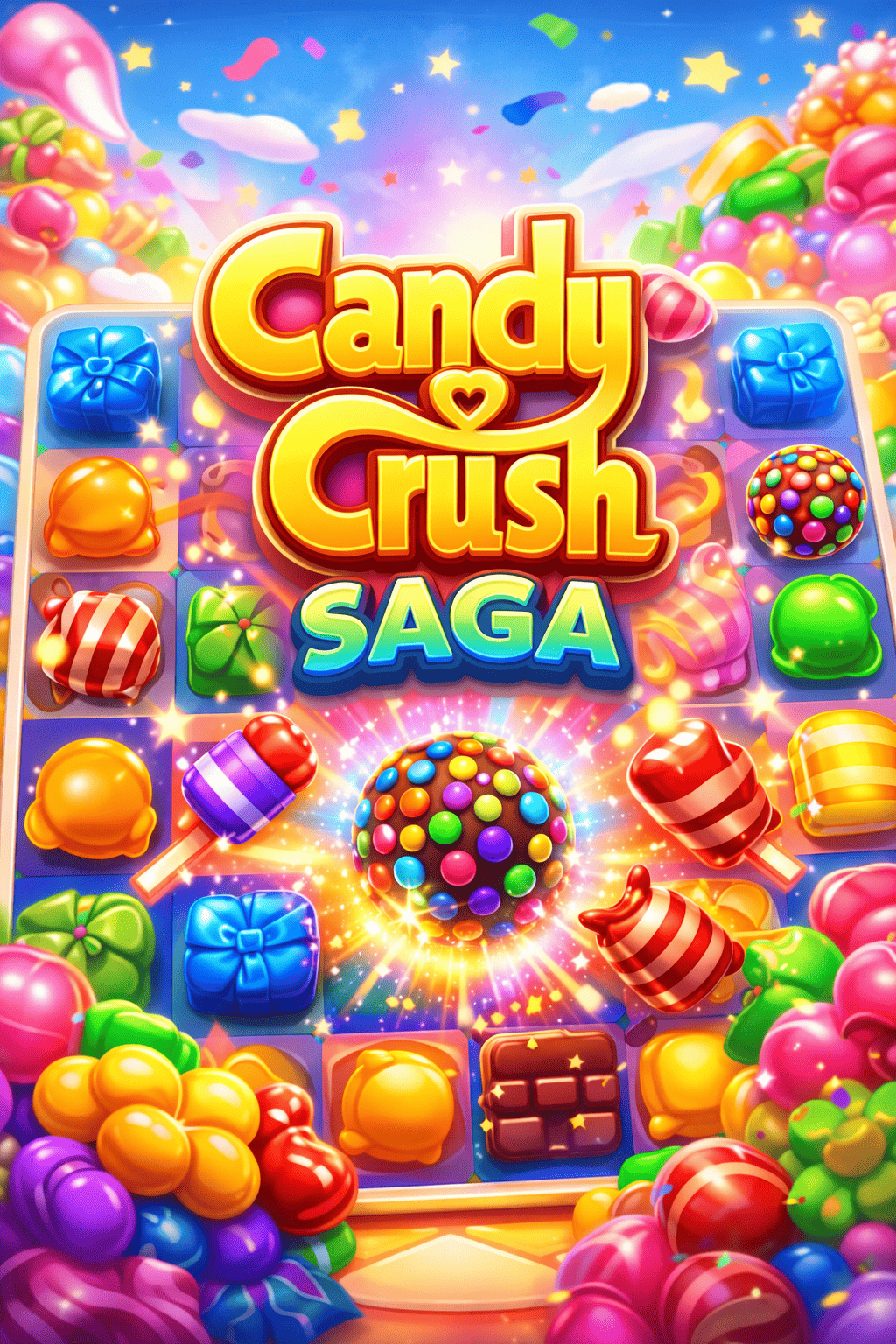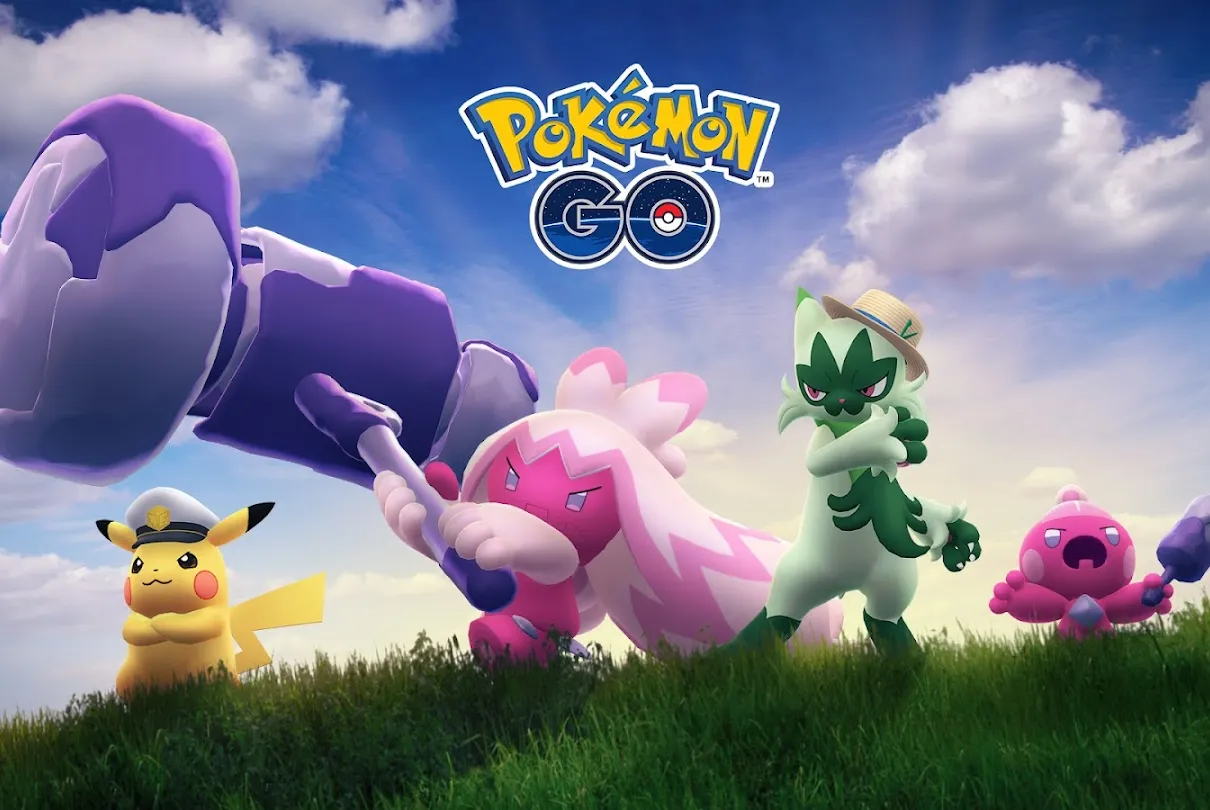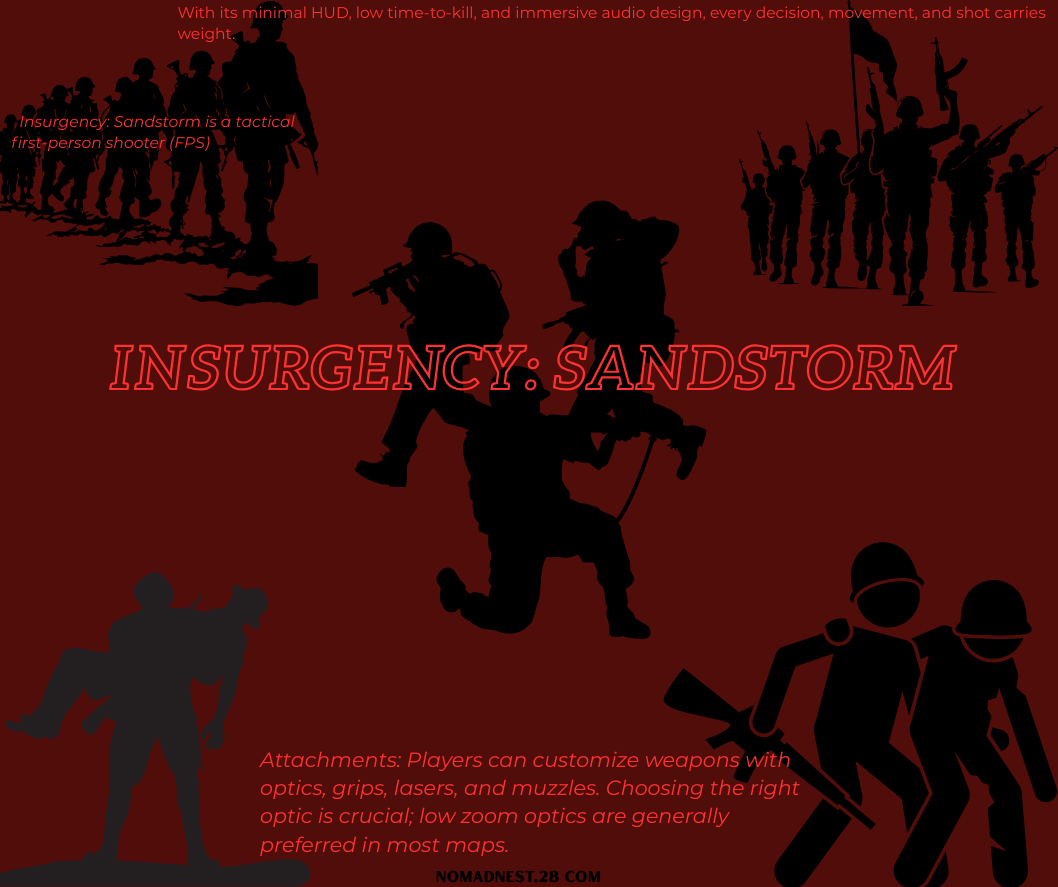Team Liquid ID and Liquid PH. Founded in the Netherlands in 2000, Team Liquid is a global esports organization that initially concentrated on StarCraft: Brood War. With divisions in games like Dota 2, League of Legends, CS: GO, Valorant, and others, they have evolved into one of the most significant and prosperous organizations in the world over time.
Their initial goal in entering the Southeast Asia (SEA) market was to increase their competitiveness, especially in well-known games like Valorant and Mobile Legends: Bang Bang (MLBB). As a result, two official branches representing Indonesia and the Philippines were established: Team Liquid ID and Team Liquid PH.
Team Liquid ID (Indonesia)
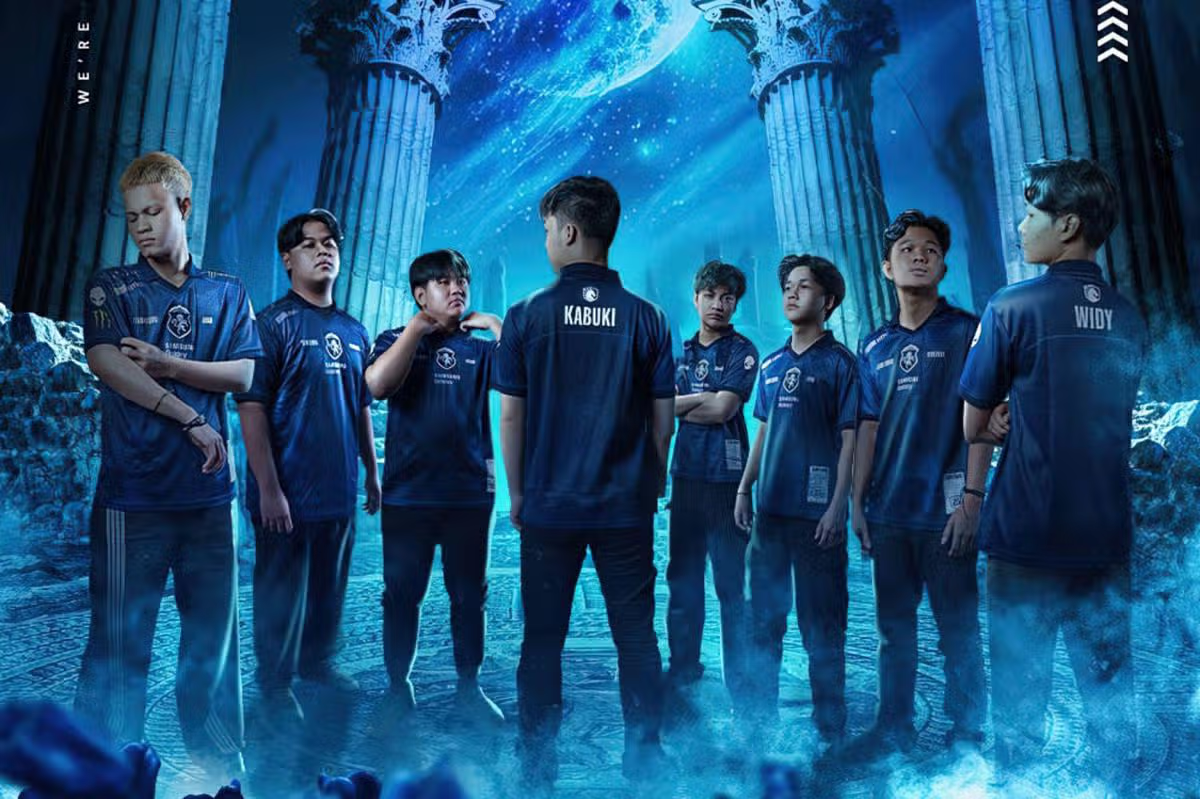
Source: ggwp
Beginnings and Formation of Liquid ID
Team Liquid ID was formed through an acquisition or collaboration with a local Indonesian team with previous success. This strategy is commonly used by global organizations to quickly penetrate the local ecosystem without having to build from scratch.
Team Liquid ID focuses on Mobile Legends but is also active in other games, such as Valorant and PUBG Mobile, depending on market trends and needs.
Roster and Key Players Liquid ID
Local Indonesian professional players with prior experience in the MPL (Mobile Legends Professional League) Indonesia typically make up Team Liquid ID’s roster.
Line MPL Season 16:
- Aran
- JOOOOO
- Yehezkiel
- Kyou
- Widy
They are often trained by Indonesian coaches or foreign coaches who understand META SEA strategies.
Performance Liquid ID
- MPL Indonesia Season X – Top 4
- Esports President’s Cup – Runner-up
- MSC (Mobile Legends Southeast Asia Cup) – Quarter Finalist
- MPL Indonesia Season 14- Champions 1St
- M6 World Championship – Runner-up
This achievement shows that Team Liquid PH is not only strong nationally but also has great potential on the international stage.
Characteristic Playing Style
The playstyle of the Philippines is typically more patient, disciplined, and macro-oriented than that of Indonesia. They are highly coordinated and wait for the proper momentum before getting into big teamfights.
Team Liquid PH (Philippines)
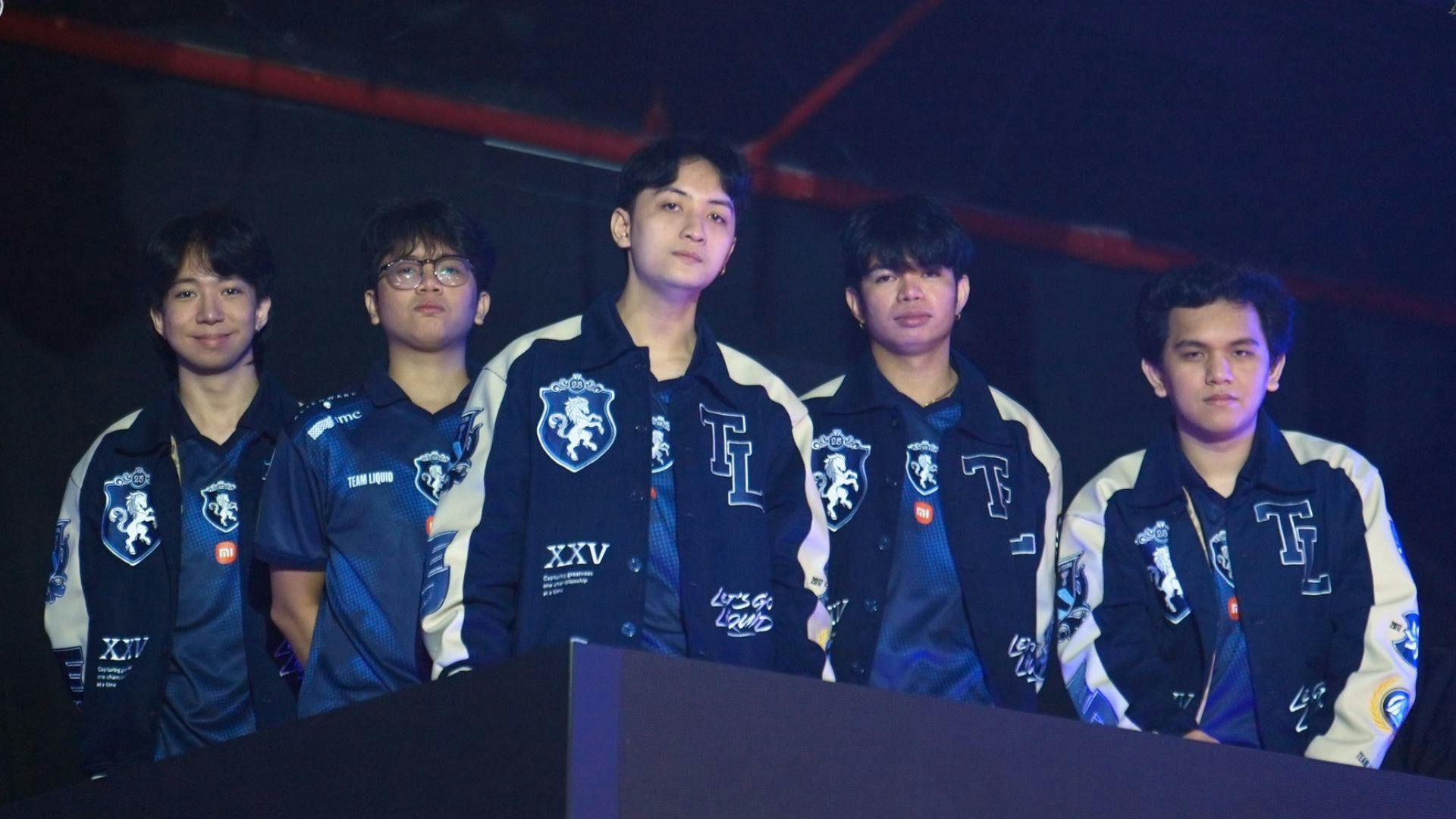
Source: imgix.net
History and Assimilation into Team Liquid
A well-known Filipino team that was formerly a part of the MPL Philippines was incorporated to form Team Liquid PH. Because of the Philippines’ enormous potential and remarkable MLBB accomplishments, including their dominance in the M-Series (M2 to M5), Team Liquid recruited them.
Because Mobile Legends is so well-liked in the Philippines and has ingrained itself into the country’s culture, the team also concentrates on the game.
Roster and Core Players
Team Liquid PH’s roster usually consists of star players from various MPL PH teams such as Blacklist, Echo, or Bren.
Line up MPL Season 16:
- Sanford – Exp laner
- Sanji – Mid Laner
- Oheb – Gold Laner
- KarlTzy – Jugler
- Jaype – Roam
Their head coaches typically come from the Philippines and have experience leading large teams.
Performance Liquid PH
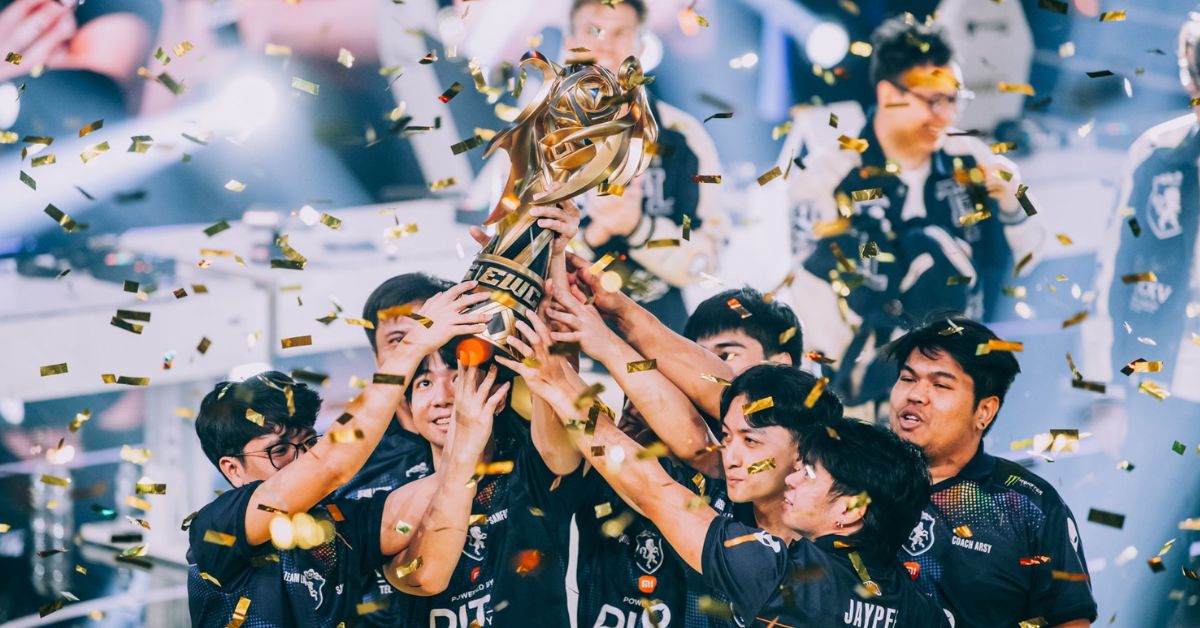
Source: upstation
- MPL PH Season 13 – Semifinals
- SEA Games 2025 – National Representatives
- M5 World Championship – Top 6
- EWC Esports World Cup IRAD – Champions 1 St
This achievement shows that Team Liquid PH is not only strong nationally but also has great potential on the international stage.
Characteristic Playing Style
In contrast to Indonesia, the Philippines’ playstyle tends to be more disciplined, macro-oriented, and patient. They wait for the right momentum before engaging in large teamfights, with very high coordination.
Team Liquid ID and Team Liquid PH comparison
| Aspect | Team Liquid ID | Team Liquid PH |
|---|---|---|
| Country | Indonesia | Filipina |
| Game Fokus | Mobile Legends, Valorant | Mobile Legends |
| Playing Style | Aggressive, Fast Rotation | Macro, Discipline, Objective |
| Basis Fanbase | MPL ID, Indonesia Community | MPL PH, Filipina Community |
| Prestasi Regional | Runner Up M6 World Championship | Stronger internationally |
| Communication Language | Indonesia | Tagalog + Inggris |
Both teams have their unique characteristics influenced by their national culture, coaches, and competitive ecosystem.
Effects and Influence on the World of SEA Esports
The significance of the SEA market to the esports industry is demonstrated by Team Liquid’s presence in Southeast Asia through ID and PH. Among the effects are:
1. Ecosystem Professionalization
Local teams are compelled to enhance their management, discipline, and media exposure due to the high standards of international organizations such as Team Liquid. The local esports infrastructure is strengthened as a result.
2. Increasing International Competitiveness
To get ready to compete on the international scene, local athletes have access to international coaches, boot camps abroad, and global strategy training.
3. Collaboration and Brand Partnership
Global companies like Monster Energy, Alienware, and Jersey Sportswear bring international sponsorships to the local market. Economically, this broadens the ecosystem.
Challenges Faced Team Liquid
Despite being under the umbrella of a large organization, Liquid ID and PH also face challenges:
- Cross-Border Communication and Cultural Adaptation
- Intense Rivalry in the Increasingly Expert MPL
- Pressure from Central Management and Fans’ Expectations
- Regular changes to the roster
The Future of Team Liquid ID and PH
With the rapid growth of esports in Southeast Asia, the future of these two teams is very promising. They can:
- Become an M-Series champion (M6, M7, etc.)
- Attend the SEA Games and IESF as a representative of your nation.
- Create additional game categories like Free Fire, Wild Rift, or League of Legends.
- To revitalize young talent, open an esports academy.
FAQ Liquid
1. First, what is Team Liquid?
Based in the US and the Netherlands, Team Liquid is a global professional esports organization. They have teams in a number of games, including League of Legends, StarCraft II, CS2, PUBG, Dota 2, Valorant, and others.
2. When was Team Liquid established?
Victor “Nazgul” Goossens started Team Liquid in 2000 as a StarCraft clan, but it has since expanded to become one of the biggest esports organizations globally.
3. Who is the owner of Team Liquid?
AXiomatic Gaming, an esports investment group that includes well-known individuals like Ted Leonsis, owner of the Washington Capitals, and Peter Guber, owner of the Golden State Warriors, owns Team Liquid.

